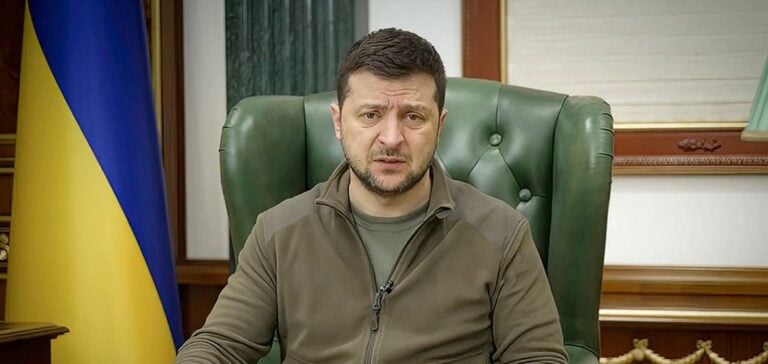Ukrainian President Volodymyr Zelensky has sharply criticized Slovak Prime Minister Robert Fico, accusing him of obstructing discussions on non-Russian gas transit to Europe. With the contract governing the transit of Russian natural gas through Ukraine set to expire on December 31, 2024, Kyiv had proposed alternative solutions to meet the European Union’s energy needs.
According to Zelensky, these options included financial compensation for Slovakia’s estimated €2 billion annual losses and access to diversified energy supplies. However, the Slovak Prime Minister reportedly dismissed these proposals, opting instead to maintain close relations with Russia to secure his country’s energy supply.
Slovakia’s Controversial Position
Robert Fico’s recent visit to Moscow has heightened tensions between Ukraine and Slovakia. During his meeting with Russian President Vladimir Putin, Fico reportedly expressed interest in continuing Russian gas imports beyond 2025. This move, Zelensky argues, undermines European efforts to reduce dependence on Russian gas and sanction Russia for its invasion of Ukraine.
In a message posted on X (formerly Twitter), the Ukrainian President stated that this position supported “the funding of the war in Ukraine and the weakening of Europe.” He also questioned Fico’s motivations, suggesting that the Slovak Prime Minister might have personal interests in maintaining strong ties with Moscow.
A Major Issue for Europe
The transit of Russian gas through Ukraine has long been a critical supply source for several European countries. However, Kyiv, facing a prolonged conflict initiated by Russia, has decided to end this mechanism, viewing the maintenance of these gas flows as financially benefiting Moscow.
From Kyiv’s perspective, Fico’s refusal to explore alternatives weakens European efforts to diversify energy sources and complicates plans for several EU countries’ energy transitions.
Slovakia Faces Increasing Criticism
Despite being a member of both the European Union and the North Atlantic Treaty Organization (NATO), Slovakia, under Robert Fico’s leadership, maintains a distinct stance in Europe. The country has not only halted its military aid to Ukraine but is also advocating for peace talks, an initiative perceived as favorable to Russia.
According to Zelensky, this approach undermines Europe’s collective stance on energy security and complicates efforts to find sustainable solutions for replacing Russian gas.
Overlooked Alternatives
In its exchanges with the European Commission, Kyiv had proposed supplying non-Russian gas to compensate for the halted flows. However, these solutions were deemed insufficient or ignored by Slovakia, according to the Ukrainian President.
This situation highlights the challenges Europe must address to maintain unity and energy security while continuing to support Ukraine’s resistance against Russian aggression.






















